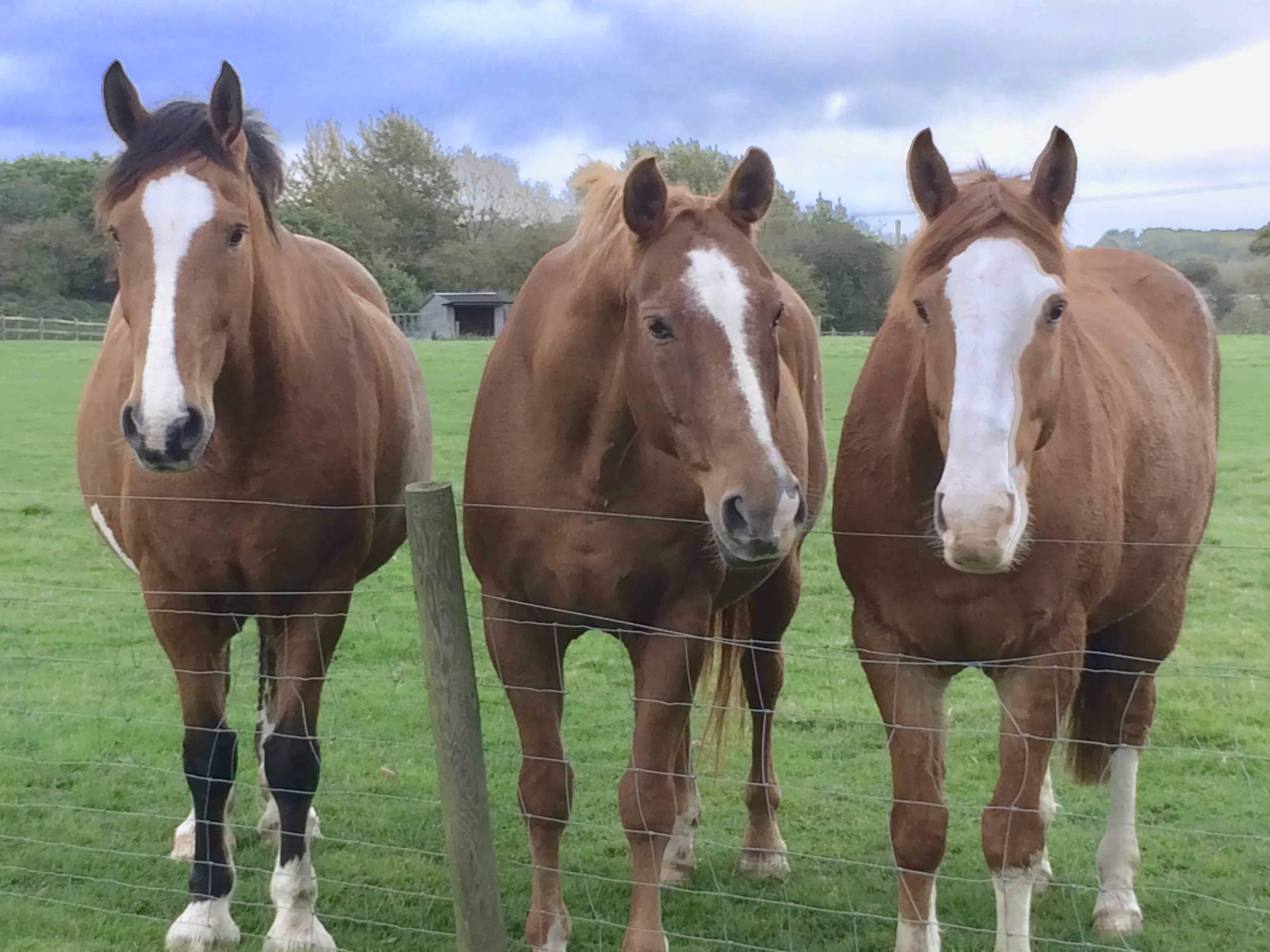shortstuff99
Well-Known Member
A few years ago now, but they used to have horses at Huntingdon life sciences for experimental testing. Some of the horses were re-homed locally.I'm surprised anything like that would get through the ethics committee in the UK.


